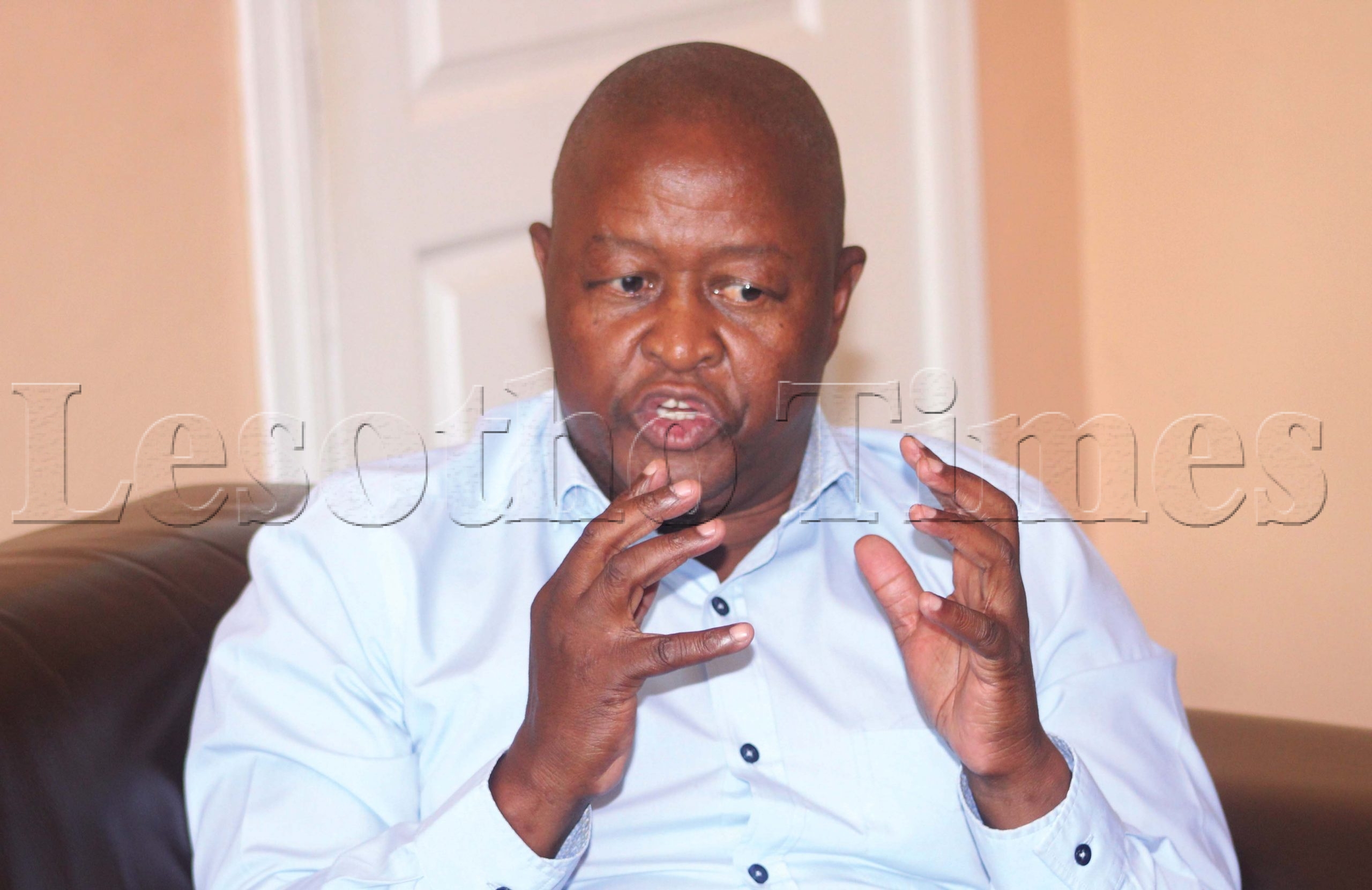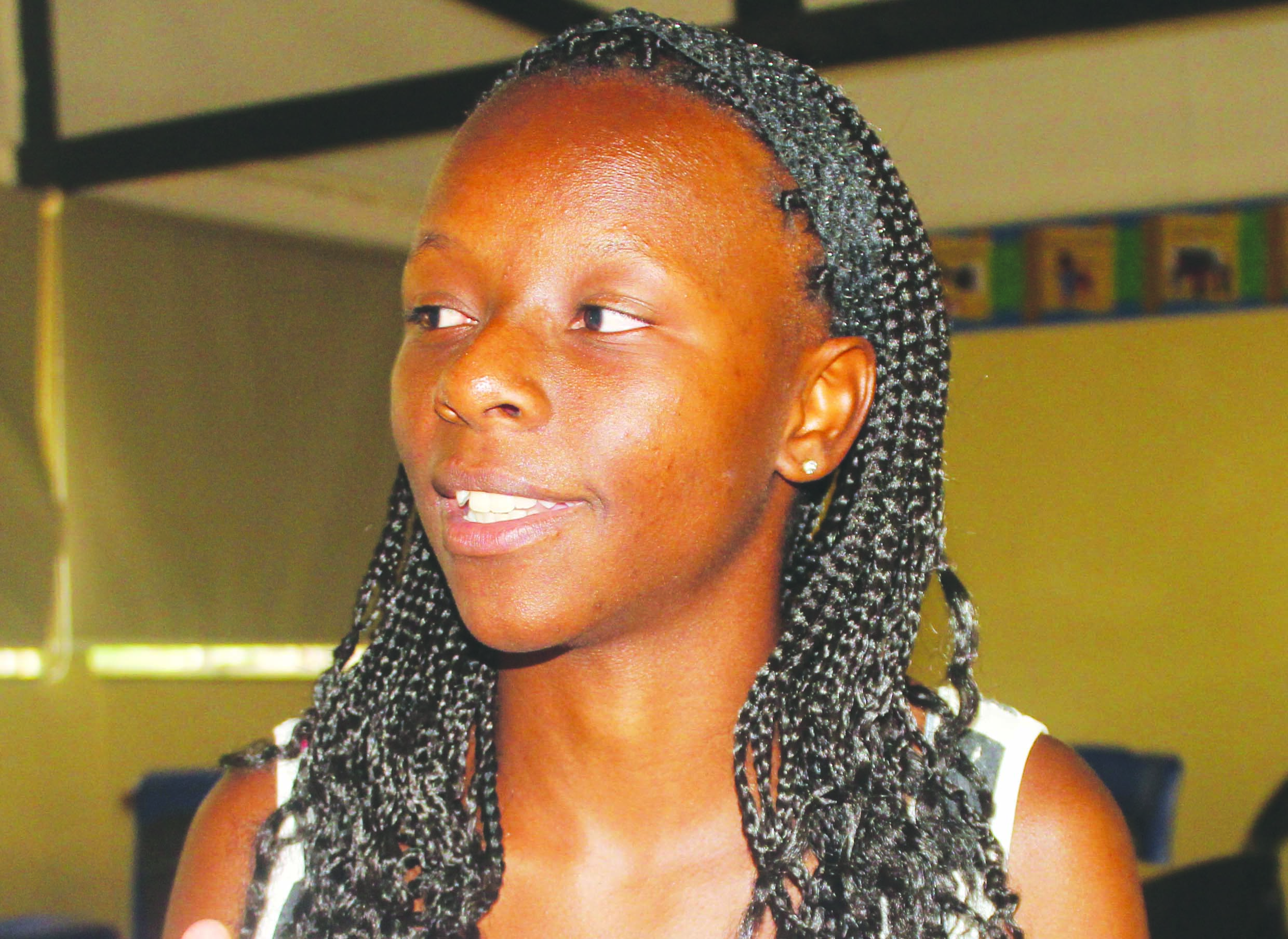MASERU — A parliamentary portfolio committee has blamed the current backlog of cases in Lesotho’s courts on “laziness” by both judges and lawyers.
An investigation by the public safety, justice and law cluster portfolio committee revealed that the judges and lawyers, the people at the core of the justice delivery system in this country, do not seem to agree on the main causes of the backlog in the courts.
The committee found that there was a general tendency among judges and lawyers to shift blame on each other.
The report, compiled after the investigation, is yet to be presented in parliament but Seabata Thabisi an MP who is a member of the committee and was part of the investigating team spoke to the Lesotho Times about its contents and findings.
Thabisi who is in parliament on a Basotho National Party (BNP)’s PR ticket said the report will reveal that the huge “backlog of cases in the courts of law is a result of officials who do not do their work”.
“Judges blame lawyers for the backlog of cases saying that they take on too many cases only to postpone them at a later stage,” Thabisi said.
“According to our findings, senior lawyers usually assign their junior partners to enrol cases on their behalf but then postpone them because they can’t handle several cases in a day.
“Again lawyers at times act recklessly in that they don’t prepare well for their cases and end up fabricating excuses to judges to be granted postponements.”
But lawyers, Thabisi said, accuse the judges for the delays in cases.
“Lawyers again lament that judges also fail to do their work although they have increased in numbers unlike in the past,” Thabisi said.
“Lawyers say instead of doing their job, judges would rather cruise around town or travel to the neighbouring South Africa in their government cars when they should be attending to cases.
“They add that some judges go for months without passing sentences or work on just one case a month.”
The courts in Lesotho are struggling with a backlog of cases some of them dating back to the early 1990s.
Some cases have dragged on for nearly 15 years without a verdict.
But a registrar at the High Court, ‘Mathato Sekoai, said the court has made progress in reducing the backlog.
“The High Court is going to use a different way of doing things. The Chief Justice requested the Commonwealth to give him judges to focus on commercial cases and train other judges in that regard,” Sekoai said.
She said Lesotho has since asked the Commonwealth for help in the administration of court cases.
“A specialist in court administration, David Belling, came in October and quizzed some of workers at the court about the cases which were pending but they gave him different answers.
“Justice Belling suggested we use the Individual Docket System,” she said.
“The system adopts the principle that a case will stay with the judge to whom it has been allocated from the date of referral by the registrar until disposition.”
The idea, Sekoai said, is to allow the judge to monitor the progress of each case closely and “to provide more consistent management of cases”.
“It is intended that the judge’s familiarity with the case will save time and reduce expenses during the pre-hearing stages,” Sekoai said.
“The new system will also encourage the parties concerned to seek an early resolution to their disputes.”
Sekoai added that the High Court had established an information office so that “proper accountability can be done in many ways and transparency is the key to that process.”
Another development, Sekoai added, was that the court registrars will be appointed judicial officers to preside over cases which are not contested.
“The new system will speed up trials and reduce the backlog of cases,” Sekoai said.
“Judges will allocate days for hearing as it will be court-driven rather than lawyer-driven as was the case in the past,” she said.
Sekoai said the system will be transparent and efficient.
“The system will reduce judge shopping (forum shopping). Cases will be allocated in the roll office. It will be done randomly,” she said.
Sekoai said what was lacking was a clear system but that “capacity and capability had always been there in the justice sector”.
“Acting Justice David Lyons has been roped in to preside over commercial cases and it is his area of specialty,” Sekoai said.
According to Sekoai 3 189 cases were still pending in the High Court while 719 commercial cases were still to be heard and finalised.
“A Commercial Court will be built at the magistrate’s premises,” Sekoai said.
“But for the time being, one court at the High Court will be used to cater for commercial matters as is the extension of the former.”
Justice John David Lyons, an Australian national, was two weeks ago sworn in as an acting judge of the newly established Lesotho Commercial Court.
Justice Lyons was recommended by the Commonwealth to deal with commercial cases.
The establishment of the Commercial Court is expected to speed up the resolution of court cases.
LATEST







